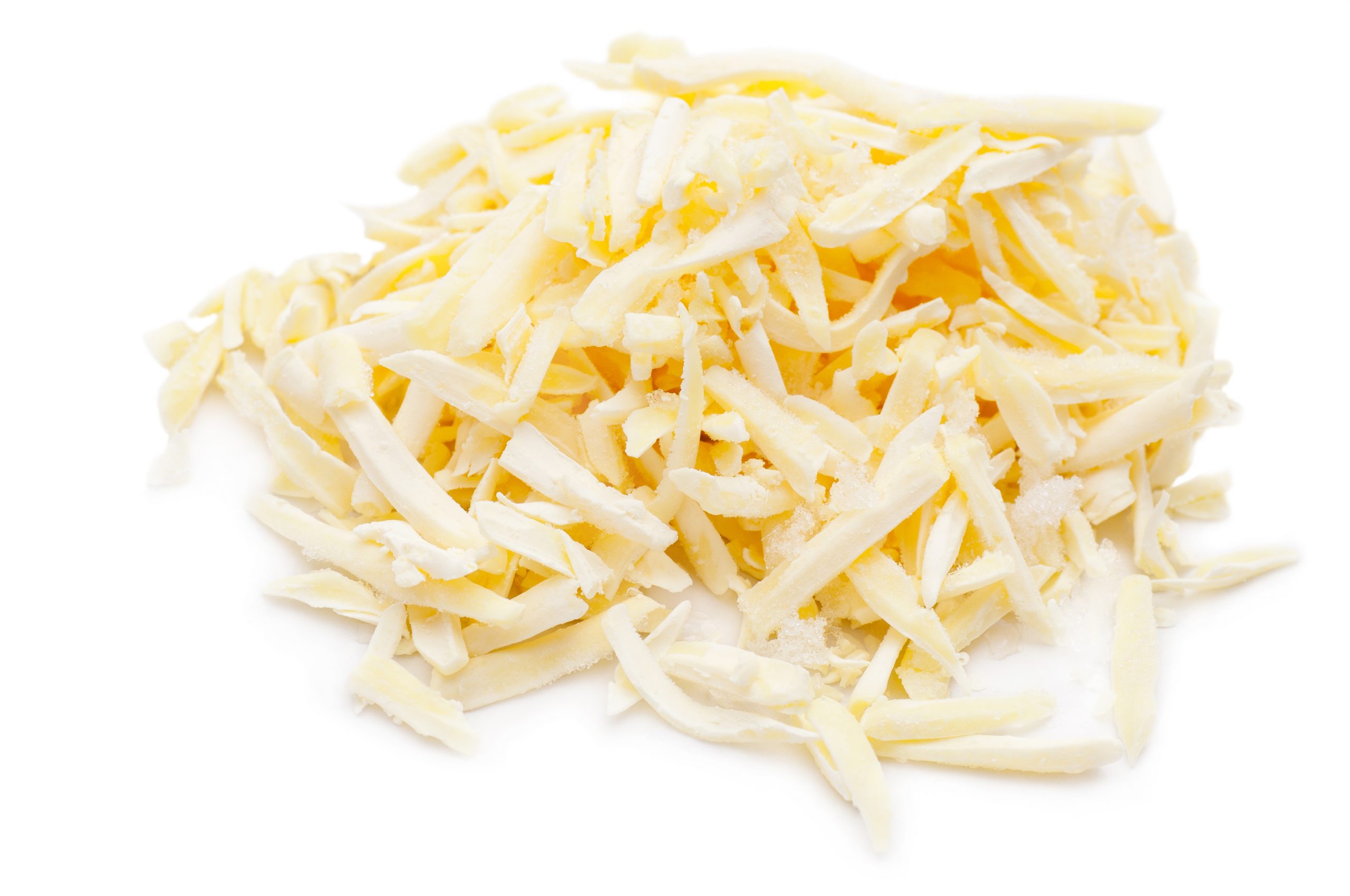Cheese is majorly dairy product, especially milk, derived in different flavors and textures. Cheese is valued for its high protein, fats, phosphorus, and long shelf life.
The type of cheese informs the period it keeps before spoiling. Hard cheese lasts longer compared to the soft cheese. A wide variety of cheese exists and is produced in different countries. Their styles, flavor, and texture are based on the origin of milk and the animal’s diet. This article contains various types of cheese, whether they can be frozen, and its benefits.
Types Of Cheese
Despite cheese having a high content of calories, sodium, and fats, It’s also an excellent source of nutrients such as proteins and calcium. Consumption of cheese may also help in weight loss, osteoporosis, and the prevention of heart diseases. Here are some of the healthiest types of cheese.
Blue Cheese
Blue cheese, also known as bleu, is obtained from sheep, goat, or cow’s milk made with cultures of mold penicillium. It’s white with grey or blue veins and spots throughout the cheese. The mold used in blue cheese gives it a specific smell and bold, tangy flavor. Blue cheese is nutritious with high calcium content that prevents you from contracting born-related issues. Due to its great taste, it can be added to burgers, salads, and pizza.
Mozzarella
Mozzarella is made from buffalo or cow’s milk. It’s white, but it turns to light yellow when seasoned, and it contains a high moisture level. Unlike other cheese, mozzarella contains lower content of sodium and cheese. It has various health benefits, including fighting inflammation, improving gut health, and strengthening one’s immunity. Therefore. Mozzarella contains probiotic that strengthens your immune system and fights diseases. Mozzarella can be added to Caprese salad because of its great taste.
Swiss Cheese
Swiss cheese is a hard with a mild nutlike flavor, elastic texture, and large holes during fermentation. It’s originated from Switzerland, as the name suggests. Swiss cheese is most recommended for people with high blood pressure who monitor their fat and salt intake. This type of cheese can be added to French onion soup, sandwiches, burgers, eggs, bakes, and also you can eat it with fruits.
Cottage Cheese
Compared to other cheeses, this product has a low calory content. It’s white and soft,and is obtained from loose curds of cow’s milk with a mild flavor, non-homogenous, creamy, and soupy texture. Cottage cheese contains high protein content and is majorly recommended for weight loss. It can be used with wide types of food such as salads, a replacement for mayonnaise, yogurt, spread on toast, added to scrambled eggs, and blended into smoothies.
Feta
Feta cheese is majorly white brined curd obtained from sheep’s milk or a mixture of goat and sheep’s milk. It has a tangy, salty flavor. Feta is packaged in brine to preserve freshness since its high in sodium. However, it contains low calories compared to other cheese. When adding it to your diet, crumble it over salads, whip it into a deep to eat it with fresh vegetables, or add it to eggs.
Effects Of Freezing Cheese
Note that freezing cheese does not affect its nutrients but its quality and texture. Cheese with higher water content freeze at a higher temperature compared to those with lower water content. Frozen cheese takes less time when stored for a long period of time. For instance, mozzarella that has been frozen for five weeks melts to a lesser extent than mozzarella frozen for one week. Additionally, freezing helps extend shelf life, preventing it from going bad by inactivating microbes in cheese. However, freezing cheese only damages microbes but does not kill them; they can be active again when cheese thaws. Cheese frozen form small ice crystals on the outside, disrupting its internal structure.
Ripened cheese live mold and bacteria are added to give cheese distinctive flavors and texture. One disadvantage of Freezing cheese it can halt the ripening process.
Nevertheless, cheese acts differently to freezing. Some varieties respond to freezing better than others. Semi-hard and hard with low moisture cheese are suited for freezing. These can be categorized into two;
Best cheese to freeze; keep in mind that it’s best to freeze cheese used in cooked meals than cheese is eaten fresh. The following cheese can be frozen; Mozzarella, Pizza cheese, Swiss, Cheddar, Blue cheese, and Stilton. When it comes to it can be frozen but may separate when thawing. However, whipping can be done to improve its texture.
Unfavorable cheese to freeze; cheese hand-crafted with delicate flavor and aroma is advised to be purchased in smaller portions and taken fresh. Freezing is also not recommended for fresh curd cheese because they contain high moisture content. The following are among the least recommended cheese to be frozen; Cottage cheese, Ricotta, Camembert, Brie, and Processed cheese.
Health Benefits Of Cheese
Cheese contains high sources of vitamin A and B12, zinc, calcium, and proteins essential to the body. Generally, Cheese and dairy products protect the teeth from cavities. Additionally, high-fat cheese such as blue cheese, cheddar, and brie contains a limited conjugated linolic acid. CLA helps prevent heart diseases, reduce inflammation, and prevent obesity. Cheese obtained from the milk of a purely grass-fed animal contains Vitamin K-2, Omega-3 fatty acids, and high content nutrients.
Conclusion
Generally, cheese is the best option since it’s a healthy and delicious source of various nutrients. Unless you are allergic to cheese, having a few crumbles with your vegetables won’t be harmful to your health. Cream cheese is the best source of Vitamin A, low in lactose, and a great source of oxidants. It must be eaten within two weeks after opening. Avoid hard cheese as they need additional salt when aging.
Nonetheless, nutrition value varies from one cheese to another. Goat cheese is lower in lactose and has proteins that may be easily digested than cheese obtained from cow’s milk. Considering that taking too much cheese might be harmful to your health, lead to constipation since it does not contain fiber.









